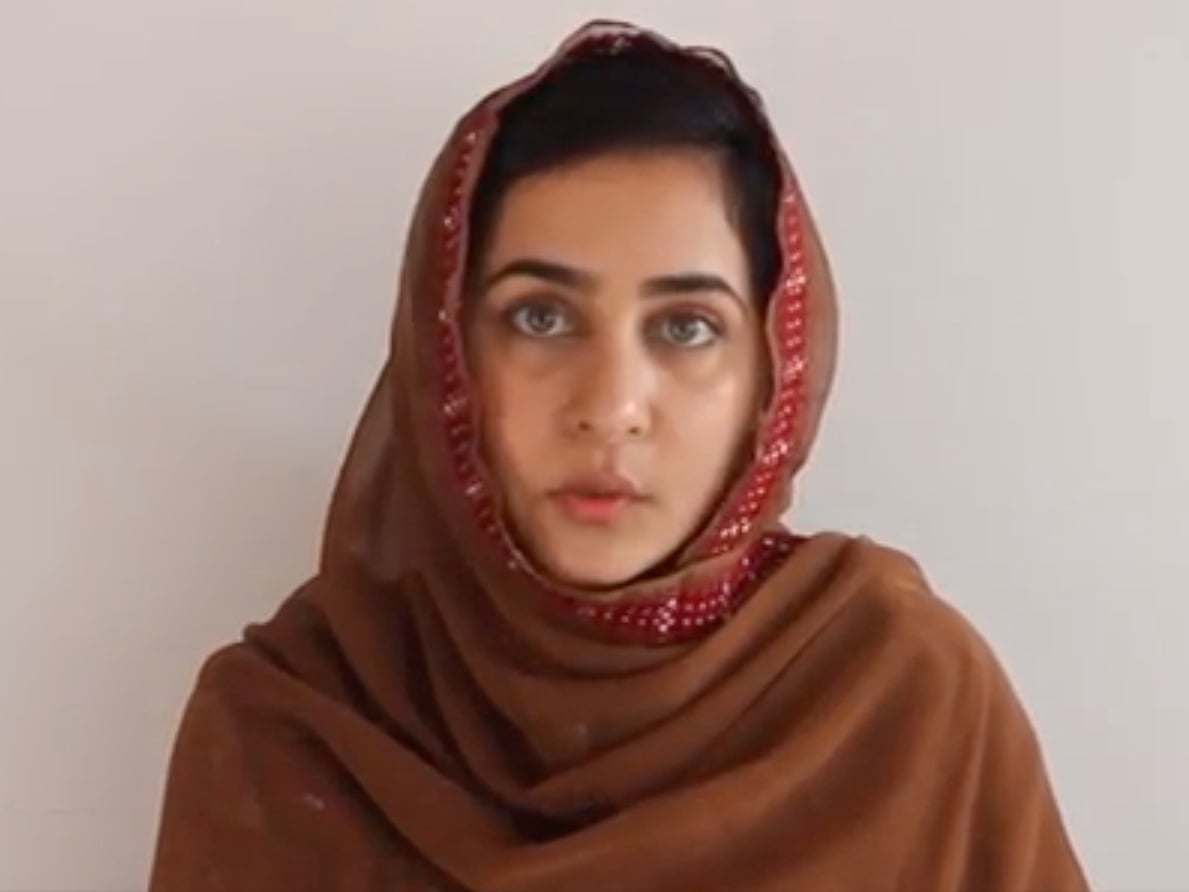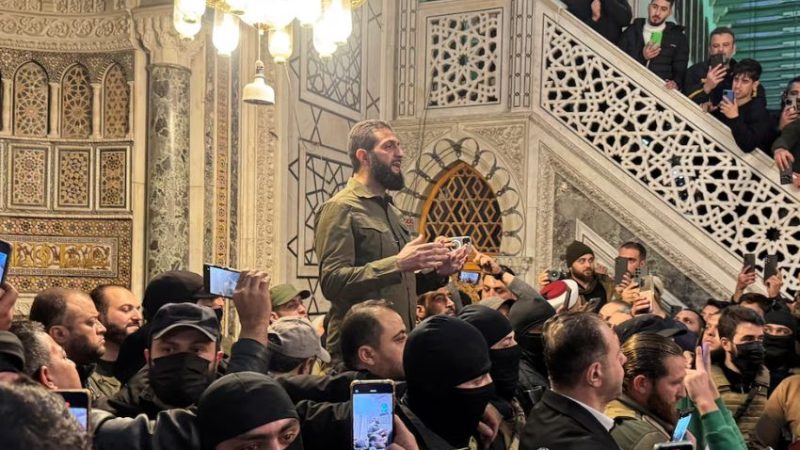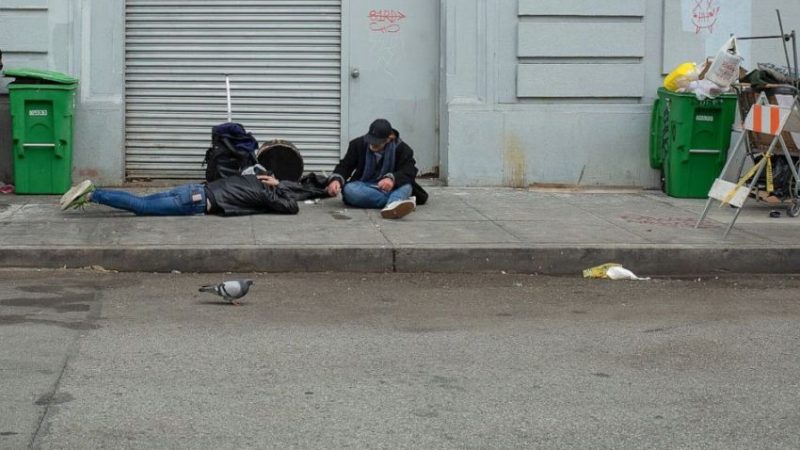Opposition criticises ‘disrespect’ meted out to Karima Baloch’s body

Karima Baloch, who was also known as Karima Mehrab, had gone missing in Toronto’s downtown waterfront area last month and her body was found a day later. She was living in the Canadian city in exile for about five years.
 After unverified reports — mostly in the Indian media — that Karima had been killed, Canadian authorities investigating the circumstances had termed the activist’s death to be “non-criminal”.
After unverified reports — mostly in the Indian media — that Karima had been killed, Canadian authorities investigating the circumstances had termed the activist’s death to be “non-criminal”.
On Sunday, Karima’s body was repatriated to Pakistan and was taken by security officials from Karachi airport to Balochistan. Her funeral prayers were held amid tight security in Tump area of Turbat and were attended by immediate family members and hundreds of locals, according to The Guardian.
“Karima was the epitome of women’s politics in Balochistan,” said Sadia Baloch, 21, a student activist. “Because of her we can leave our houses in a tribal and conservative society. We can protest in a male-dominated society. She was one of the first to challenge the brutal state, outdated norms and tribalism. Her legacy lives on in us.”
Even exiled from Pakistan, Baloch’s vocal activism continued from Canada and in 2016 she was listed by the BBC in its 100 most inspirational and influential women. But according to her family, the threats to her life never abated. Though the Toronto police have declared her death by drowning as not suspicious, her family and many back in Balochistan are adamant there could have been foul play, connected to Baloch’s high-profile activism.
The family say the circumstances of Baloch’s death do not add up and they are pushing the Toronto police to investigate further. There were no witnesses to her death, and though she could not swim, the place where she fell in the lake, Toronto’s central island pier, has waist-high railings the whole way round designed to make it hard to fall in accidentally.
Baloch was the second Pakistani dissident to die this year, following the death of Sajid Hussain, a journalist, also from Balochistan, who was forced to seek asylum in Sweden after facing death threats for his work exposing human rights abuses in Balochistan. In May, Hussain was found drowned in a river near his home. His family say they are unsatisfied with the police ruling of accidental death.
Video: Relatives & close family friends were allowed to participate in the last funeral prayers of #KarimaBaloch. The huge participation of local women can also be seen in this video. People across the Balochistan were not allowed to farewell their leader.@Gulalai_Ismail pic.twitter.com/mTw6iP3rJG
— Niaz Baloch (@Niaz_Zehri) January 25, 2021
Sameer Mehrab, Baloch’s brother who also lives in Canada, described the death threats that she had continued to receive for her activism until recently. “The police chief asked us to accept that it is a non-criminal case, but we will not. The police aren’t ready to take into consideration the history or the threats Karima was facing in Pakistan and even in Canada. We demand that the case is investigated considering all the threats and the history,” he said.
In a statement, Toronto police said they were still treating the death as non-suspicious and could provide no further details.
Karima Baloch was born on 8 March 1983 in Tump, Balochistan, growing up in a province which has been riddled with decades of conflict due to a long-running nationalist insurgency. Here, thousands of people are kidnapped every year and “disappeared” by Pakistan security forces, with no justice or accountability.
It was during her years as a student that Baloch began to get involved in nationalist politics and activism. In defiance of conservative norms, she became the first female chair of the Baloch Students Organization (BSO-Azad), a political group advocating for the rights of Baloch people.
It was there that she met her husband, Hammal Haider, also at the forefront of the BSO movement. Haider said that Baloch had continually broken new ground for women in Balochistan and would travel to far-flung areas bordering Iran and Afghanistan to convince girls to study and join the political struggle, sometimes travelling to their homes to win over their parents.
“We could never have anticipated, until 2006 when Karima came along, that Baloch women would become a part of politics, let alone that one of them would become the chairperson of the organisation,” said Haider.
“In a society where women weren’t allowed to unveil or talk to men, Karima’s participation in BSO normalised the presence of women in public spaces in the tribal patriarchal society.”
However, around 2015 she began to receive death threats for her outspoken views, and fearing for her life, she fled to Canada where she sought political asylum. It was a long and arduous process that would take three years, and though she was thousands of miles away from Pakistan, the threats and tragedy still reached her.
In December 2017, while living in Toronto, Baloch received a message that unless she returned to Pakistan, her uncle, schoolteacher Noor Mohammed, would be killed. She refused to go back, and on 2 January 2018, hours before her asylum hearing, she received the terrible news; her uncle’s body had been found dumped in her home town of Tump.
“Karima was threatened that if she didn’t stop her activism in Canada, they would kill her uncle,” said Haider. “They, state authorities, eventually did as they said. But even these tactics never stopped Karima from raising her voice against human rights abuses in Balochistan.”
In the days after Baloch’s death in December, the streets of cities and towns in Balochistan, and the city of Karachi were filled with a groundswell of female protesters, chanting slogans against human rights abuses, calling themselves Karima and demanding a thorough investigation into her death. The protests were subjected to a blackout in Pakistan’s media, with barely any coverage at all.
It appeared that Pakistan security officials were fearful a similar crowd would fill the streets of Balochistan for her funeral. On Sunday, hundreds rallied in Karachi, denouncing the government for not allowing a funeral prayer to be held for her in the city. The military then closed all roads leading into Tump, where her funeral was held on Monday. Baloch was buried amid tight security, in the presence of immediate family members and hundreds of local mourners.







